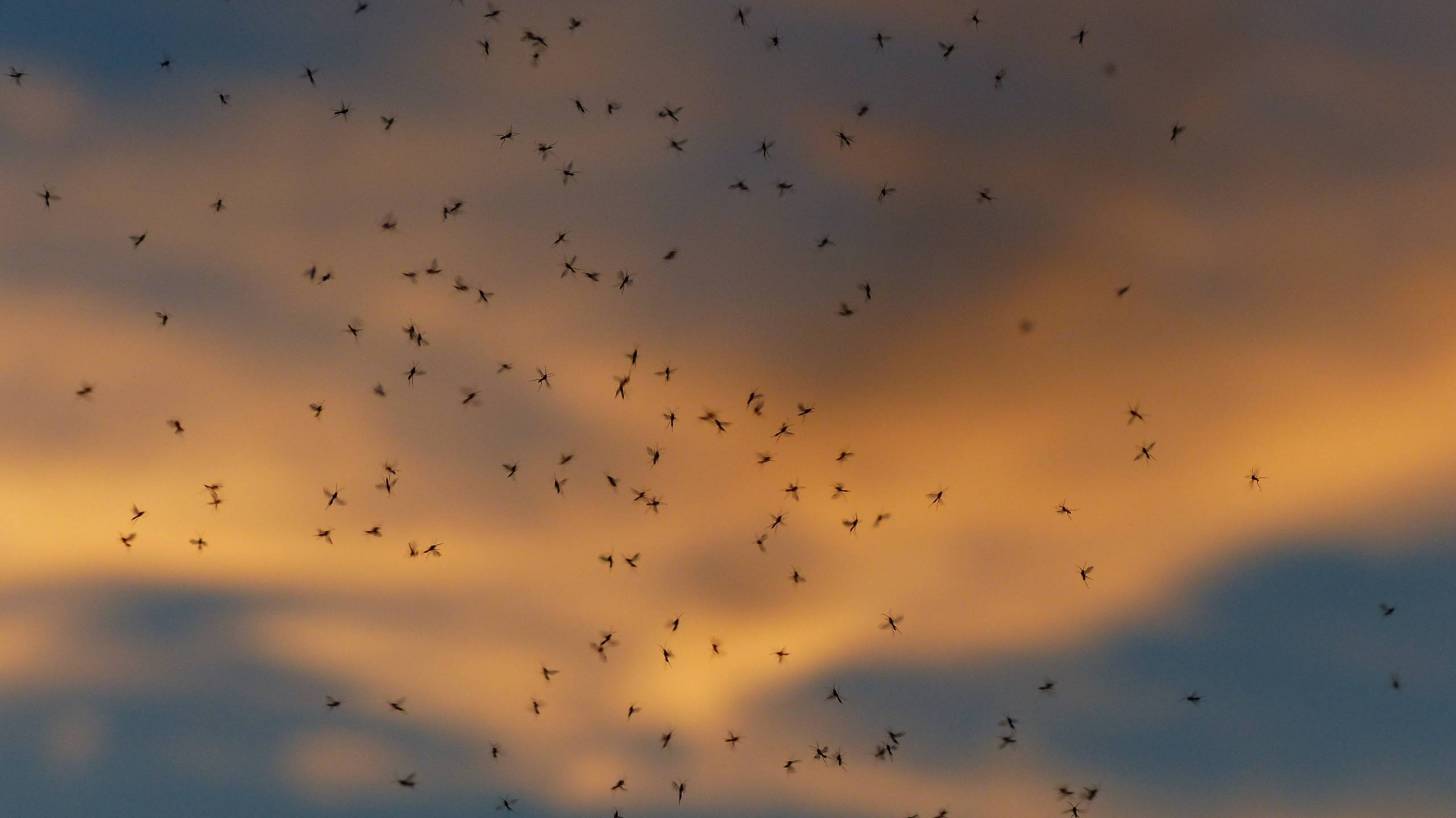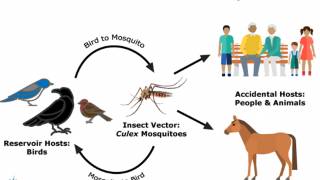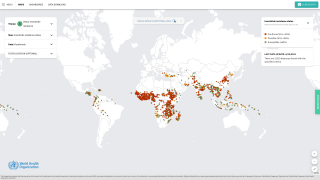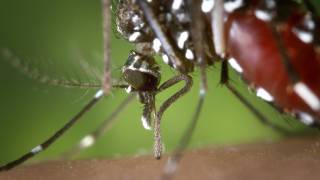3 Human Cases of West Nile Virus Confirmed in Texas

Three human cases of the West Nile virus have been confirmed by health officials in El Paso, Texas.
According to a City of El Paso Department of Public Health (DPH) statement on July 26, 2019, two females and one male living within the 79925 zip code, have been confirmed with the West Nile Virus (WNV).
The Texas Department of State Health Services (DSHS) reported approximately 103 human cases of the WNV during 2018.
Texas DSHS says the 'West Nile virus is the leading cause of mosquito-borne disease in the USA and can infect humans, birds, mosquitoes, horses, and some other animals.'
Throughout the USA, a total of 34 states have reported WNV disease in people to the Centers for Disease Control and Prevention (CDC).
As of July 23, 2019, the CDC says 70 percent of the WNV cases were classified as neuroinvasive diseases, such as meningitis or encephalitis.
Unfortunately, the state of Arizona is the leading state in 2019.
As of July 25th, there were 79 confirmed/probable West Nile Virus cases reported in Maricopa County, which includes the city of Phoenix.
Human infections of the WNV is the result of bites from infected mosquitoes. Mosquitoes become infected when they feed on infected birds, which circulate the virus in their blood for a few days.
Fernando Gonzalez, Lead Epidemiologist at the El Paso DPH said in a statement, “It is important to follow prevention steps in order to reduce mosquito-related diseases like West Nile. The best way to avoid exposure to mosquito-borne diseases is to practice the “Four Ds”:
- DEET – Use insect repellents containing DEET when you go outdoors. To optimize safety and effectiveness, repellents should be used according to the label instructions.
- DRESS – When weather permits, wear long sleeves, long pants, and socks when outdoors. Mosquitoes may bite through thin clothing and it’s recommended to also spray your clothes with repellent.
- DUSK and DAWN – Although mosquitoes associated with West Nile can be active throughout the day, residents should take extra care during peak mosquito biting hours (from dusk to dawn) or consider avoiding outdoor activities during these times.
- DRAIN – Help reduce the number of mosquitoes around and outside your home by emptying standing water from flowerpots, gutters, buckets, pool covers, pet water dishes, discarded tires, and birdbaths on a regular basis.
Additionally, you can also mosquito-proof your home by installing or repairing screens on windows and doors to keep mosquitoes out.
Most people (80%) infected with West Nile virus do not develop any symptoms, says the CDC.
But, about 20 percent of people who are infected develop symptoms.
West Nile virus symptoms include fever, headache, tiredness, body aches, nausea, vomiting, and swollen lymph glands.
Laboratory diagnosis is generally accomplished by testing serum or cerebrospinal fluid (CSF) to detect WNV-specific IgM antibodies. Immunoassays for WNV-specific IgM are available commercially and through state public health laboratories.
>>> Take a West Nile Virus Test <<<
Over the last two decades, several vaccine candidates for the protection of humans from WNV have been developed. Some technologies were transferred into clinical testing, but these approaches have not yet led to a licensed product.
There is one WNV vaccine candidate conducting a small phase 1 clinical trial.
This vaccine candidate, HydroVax-001, is a hydrogen peroxide inactivated, whole virion vaccine adjuvanted with aluminum hydroxide. HydroVax-001 experimental vaccine was discovered and developed by scientists at Oregon Health & Science University.
West Nile Virus news
- West Nile Virus Heats-Up in Arizona
- West Nile Virus Reporting Delays Can Cost Lives
- ‘Fight-The-Bite’ To Reduce West Nile Virus in 2019
If you think you or a family member might have West Nile virus disease, talk with your healthcare provider, says the CDC. In severe cases, patients often need to be hospitalized to receive supportive treatment, such as intravenous fluids, pain medication, and nursing care.
To learn more about WNV treatments, visit the CDC's Healthcare Providers page.
The mission of the City of El Paso Department of Public Health is to provide Public Health-related research, evaluation, education, prevention, intervention, and preparedness services. For more information on the programs and services they provide, please dial 2-1-1 or visit EPHealth.
Our Trust Standards: Medical Advisory Committee


























